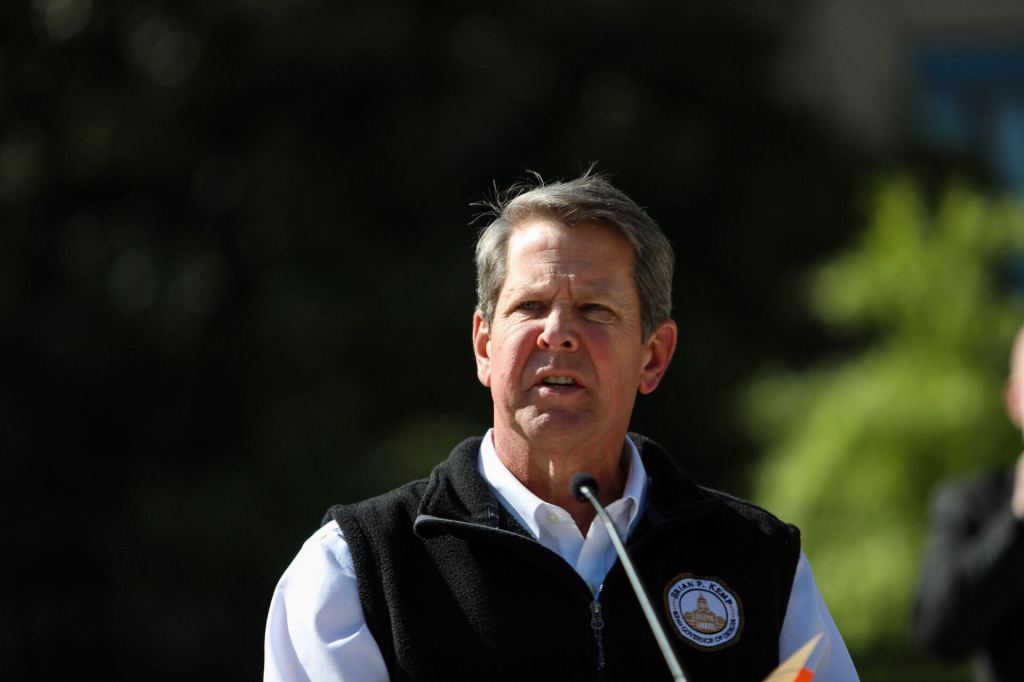Shelter-in-place order extended, bans short-term vacation rentals through April
Published 4:50 pm Wednesday, April 8, 2020

- Riley Bunch | CNHI Gov. Brian Kemp orders Georgians to shelter in place and closes schools for the remainder of the academic year Wednesday in Atlanta.
ATLANTA — Gov. Brian Kemp will extend his shelter-in-place order through April 30, after extending the state’s public health emergency declaration through mid-May.
Included in a heap of new executive orders issued Wednesday, the Republican governor also banned short-term vacation rentals through April 30 to avoid Georgia becoming a “destination spot” during the outbreak.
“While I am encouraged by some of the recent data,” Kemp said during a press conference. “We still have incredible challenges before us.”
As of Wednesday, coronavirus has infected nearly 10,000 Georgians and killed more than 350.
Earlier Wednesday, Kemp announced he will extend his declaration of a public health emergency without a special session bringing lawmakers back to the Capitol, but with the support of Lt. Gov. Geoff Duncan and House Speaker David Ralston.
The extension gives Kemp broad powers to create new laws and mandates and authorizes state officials to enforce the laws.
“We cannot take our foot off the gas,” he said. “We’ve got to continue to keep working … we continue to remain hunkered down and prepare for any circumstance that comes our way.”
After criticism from local elected officials for reopening Georgia’s beaches and refusing to shut down state parks, Kemp suspended short-term vacation rentals such as AirBnb.
Beginning noon Thursday, April 9, no new reservations can be made until April 30. Reservations that have already been paid for can remain.
The ban does not include hotels, motels or campgrounds and does not give authority to any law-enforcement official to dispossess or evict occupants of a vacation rental from the property.
Kemp’s new executive orders include a more “aggressive” infection control regime for nursing homes and assisted-living facilities which have been hit especially hard by the pandemic.
Cases of coronavirus have been reported in more than 50 senior care facilities across the state.
The new executive order requires elderly care facilities to increase cleaning efforts to hospital standards, requires residents to have in-room dining services and mandates screening of residents and employees for symptoms.
Residents with respiratory issues are to be isolated from others and only seen by designated nurses. Nurses and employees are required “to the extent feasible” to self-quarantine for 14 days after possible exposure to coronavirus.
The governor activated an additional 1,000 National Guard members — now totaling 3,000 – in assisting with coronavirus response.




